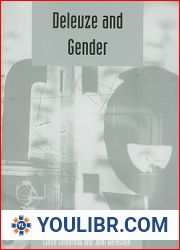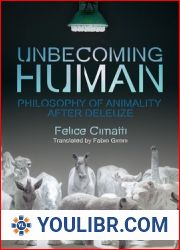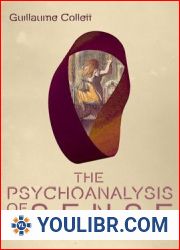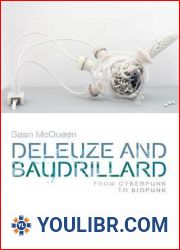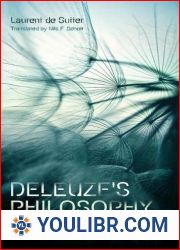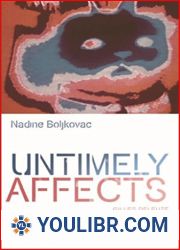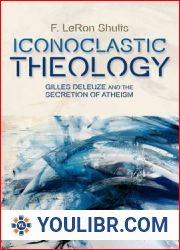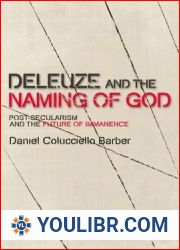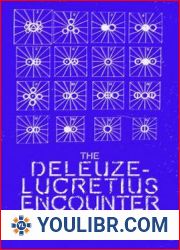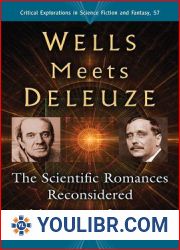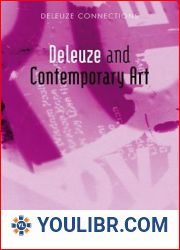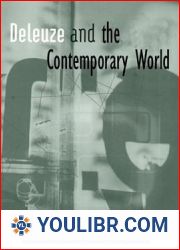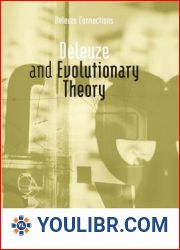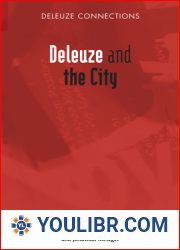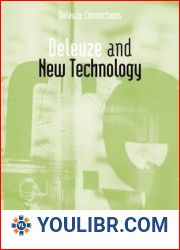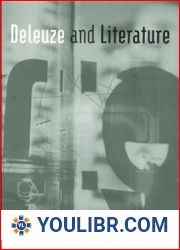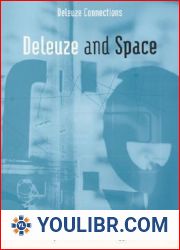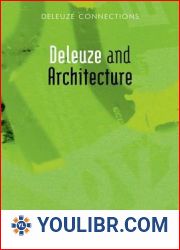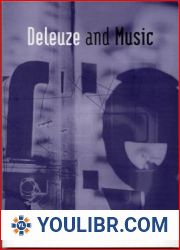
BOOKS - Deleuze and Science: Paragraph Volume 29 Number 2 (Paragraph Special Issues)


US $7.67

891804

891804
Deleuze and Science: Paragraph Volume 29 Number 2 (Paragraph Special Issues)
Author: John Marks
Year: July 15, 2006
Format: PDF
File size: PDF 19 MB
Language: English
Year: July 15, 2006
Format: PDF
File size: PDF 19 MB
Language: English
In response to Bergson's claim that modern science has not found its metaphysics, Deleuze remarked that it was this metaphysics that particularly interested him. In recent years, as the complexities of Deleuze's work have been critically evaluated, interest has grown in the important part that science and a corresponding metaphysics plays in this work, including the publications that were co-authored with Felix Guattari. Necessarily, much of this critical work has explored the precise nature of Deleuze's expressive materialism. It has been suggested, by Manuel DeLanda for example, that Deleuze's realist ontology has much in common with an intensive science that concentrates on the divergent processes that underpin the extensive world of finished products that we see around us. John Protevi and Mark Bonta have suggested that, in the same way that Kant's Critiques corresponded to a world of Euclidean space, Aristotelian time, and Newtonian physics, so Deleuze's philosophy helps to make sense of the world of fragmented space, twisted time and far-from-equilibrium thermodynamics that science is now exploring. This collection brings together a series of papers that deal with Deleuze and Guattari's treatment of science in A Thousand Plateaus and What is Philosophy?, as well as looking in detail at scientific issues such as emergence, complexity theory, non-linear dynamics, modern mathematics and physics and nanotechnology. As well showing how science functions in Deleuze and Guattari's work, these papers also explore the ways in which Deleuze and Guattari were keenly aware of the related revolutions in physics, biology and information technology that gathered pace in the post-war period. Much exegetical work on Deleuze in recent times has emphasised the importance of the articulation between the virtual and the actual as the key co-ordinates of Deleuze's 'image of thought'. The papers in this collection show just how important science was for Deleuze in elaborating th









